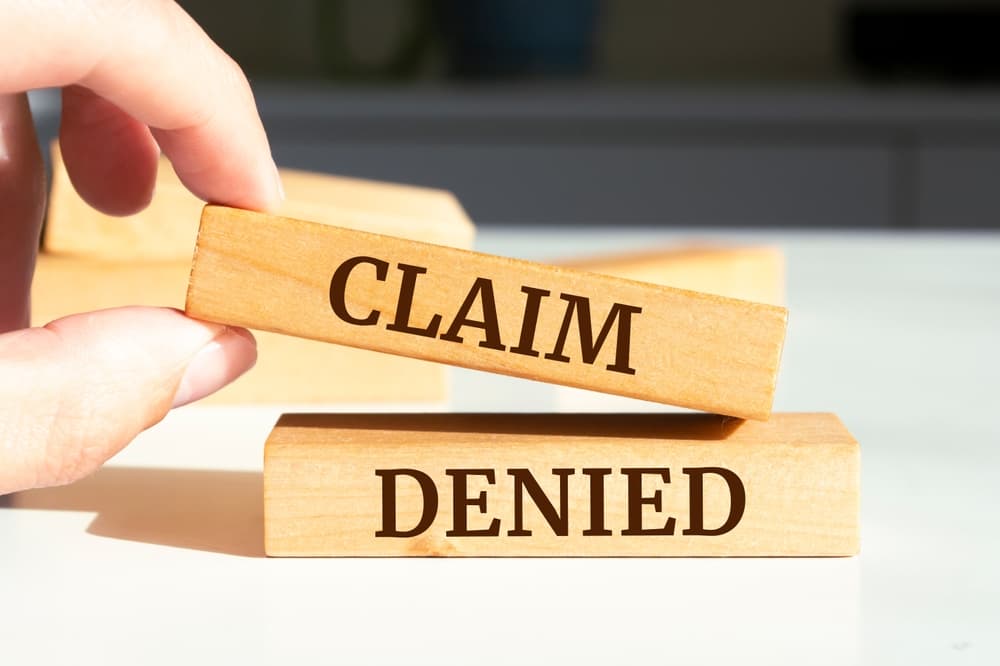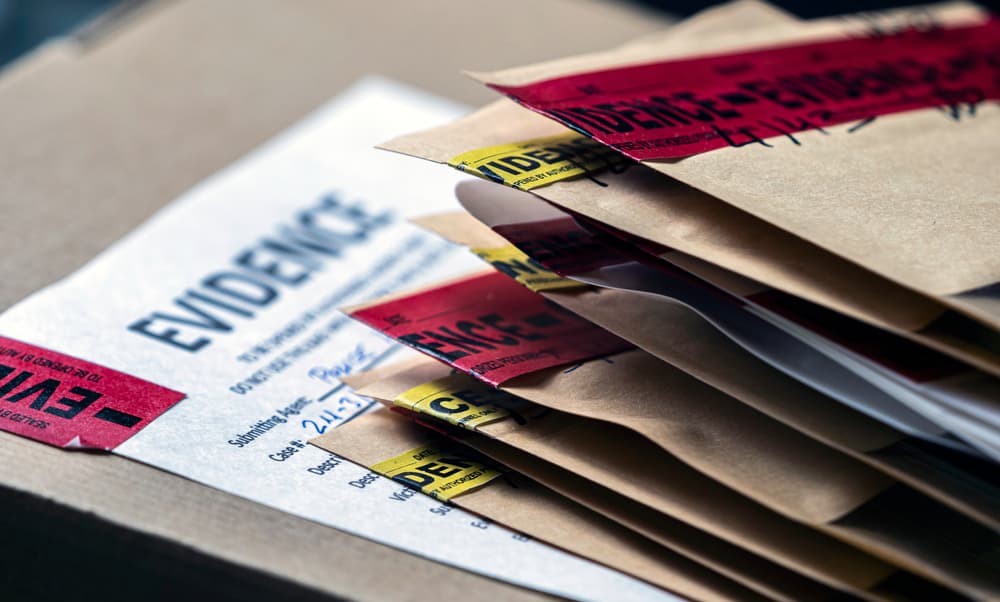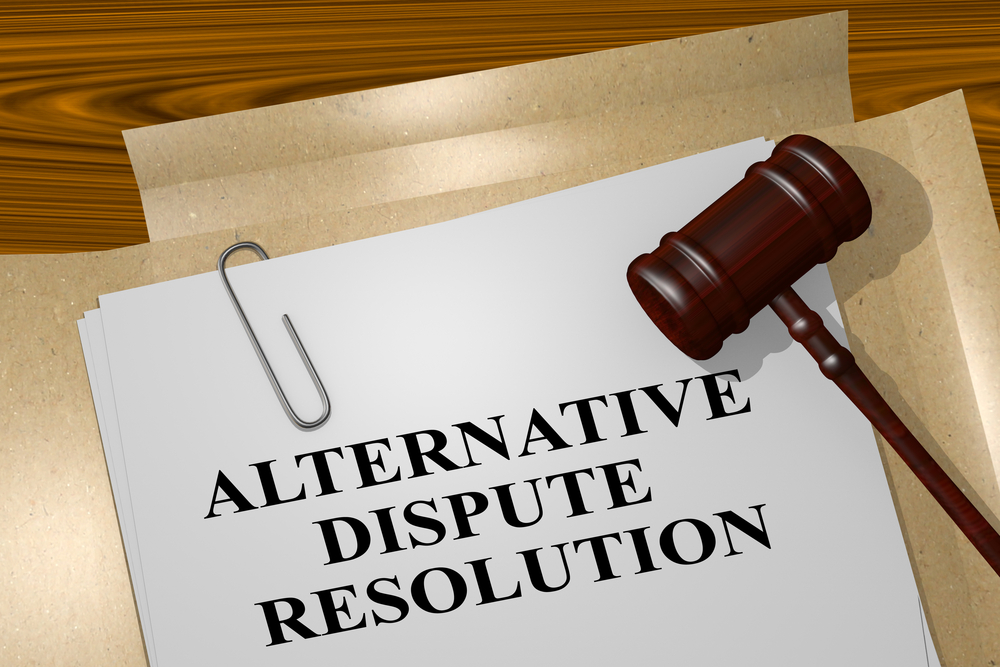If you receive notice that your insurance won't pay your claim, you might feel shock, anger, frustration, or all of the above. If you suffered an injury in an accident, getting this news can worsen matters. Dealing with a denied claim can require fast but careful consideration and action.
A lawyer can explain your policy, gather all necessary documentation, and communicate effectively with your insurance company. A personal injury lawyer can provide valuable guidance through all the complexities to get the justice you deserve.
Understand Your Policy Coverage
When your insurance won't pay your claim, the first thing to do is to understand your policy coverage thoroughly. Insurance policies can be complex and filled with specific terms and conditions that can affect your claim. Review your policy carefully, paying close attention to the coverage limits, exclusions, deductible amounts, and any other relevant provisions.
By understanding the details of your policy, you can determine whether the denial of your claim is valid or is worth challenging. If you're unsure about any provisions or unclear language, consider seeking clarification from your insurance company or speaking with a personal injury attorney.
Evaluate the Denial Reason

When your insurance company refuses to pay your claim, they must provide a reason for the denial. It's essential to thoroughly evaluate and analyze this reason to determine its validity. Review the relevant policy provisions cited by the insurance company and compare them to the specific circumstances of your claim.
If you believe the reason for the insurance company's denial is incorrect or unjust, gather all the necessary evidence to support your position. Document any conversations you've had with the insurance company representatives and any written communications, such as denial letters. You need these records to challenge the denial and seek a resolution.
Insurance companies may interpret policy language to favor them rather than you. When faced with this situation, speaking with a skilled personal injury lawyer can help you understand the interpretation of policy provisions and challenge the insurance company's decision.
How to Hire a Personal Injury Lawyer
An attorney with experience in insurance claim denials can provide you with the necessary experience and guidance to get through this difficult situation.
A skilled personal injury lawyer can review your case, assess the strength of your claim, and provide valuable advice on the best course of action. They can effectively communicate with the insurance company on your behalf, negotiate a fair settlement, or represent you in court if needed.
Here are a few tips on finding effective legal representation.
Experience
When selecting a personal injury attorney, the first and foremost factor to consider is experience. Look for a lawyer with a proven track record of successfully handling insurance claim denial cases.
They should be well-versed in the nuances of insurance law and will understand the tactics that insurance companies often use to deny claims. They should also have a network of resources, such as expert witnesses and investigators, to build a strong case on your behalf.
Communication
Clear and effective communication is another critical factor. Choose an attorney who communicates clearly and effectively and keeps you informed throughout the process. This ensures that you always know the status of your case and any developments. A lawyer who can explain complex legal concepts in simple terms will help you make informed decisions about how to move forward.
Trustworthiness
Trustworthiness is equally essential. Select a personal injury lawyer you trust and who makes you feel comfortable. A trustworthy attorney will be essential to your case since they will be your advocate throughout the legal process. You should feel confident in their ability to represent your best interests and secure a favorable outcome.
Look for an attorney with positive reviews and testimonials from past clients, which can provide insight into their reliability and professionalism.
Hiring a personal injury attorney increases your chances of a successful outcome. They'll handle all legal matters, relieving you of the stress and burden of dealing with an insurance claim denial.
Gather Evidence and Documentation

To strengthen your claim and effectively challenge the denial, your personal injury attorney will work to gather and organize all relevant evidence, documentation, and supporting materials.
This evidence includes:
- Incident reports: If your claim arises from an incident, such as a car accident or property damage, your lawyer will obtain a copy of the incident report filed with the police or relevant authorities. This report can serve as crucial evidence in supporting your claim.
- Medical records: For health insurance claims, they'll gather all medical records, including the doctor's diagnosis, treatment plans, and any other relevant documents that demonstrate the validity of the medical expenses you claim.
- Photographs and videos: If applicable, your lawyer will take photographs or videos of the damage or injuries sustained. Visual evidence can be powerful in supporting your claim.
- Witness statements: If there were any witnesses to the incident, your attorney will obtain their contact information and statements regarding what they saw or experienced. These statements can strengthen your case.
- Correspondence: Keep a record of all communications with the insurance company, including emails, letters, and phone call notes. These records will help your personal injury attorney show your efforts to resolve the issue and any inconsistent statements made by the insurance company.
By organizing and presenting this evidence clearly and concisely, your lawyer can effectively challenge the denial and demonstrate the legitimacy of your claim.
Have Your Personal Injury Attorney Challenge the Denial
Once your personal injury lawyer has evaluated the reason for the denial and gathered the necessary evidence, they'll challenge the insurance company's decision. This process typically involves your attorney writing a formal appeal letter to the appropriate department or authority within the insurance company.
In the appeal letter, your lawyer will clearly outline why you believe the denial is incorrect or unjust, providing any supporting evidence you have gathered. They'll be concise, specific, and assertive in your language. They'll also emphasize your rights as a policyholder and the importance of a fair resolution. Here's some information on how your attorney will craft the most effective appeal letter possible.
Use a Professional Tone
Your attorney will use a professional tone throughout the appeal letter. They'll remain respectful and polite but assertive, avoiding any emotional or accusatory language that can undermine your position. A professional tone helps maintain a constructive dialogue with the insurance company and increases the chances of a positive response.
Reference Policy Provisions
One of the key strategies your personal injury lawyer will employ is referencing specific policy provisions. They'll identify the policy sections that support your claim and explain how they apply to your situation. Doing so will ground your appeal in the terms of your policy and not merely as a request for reconsideration.
Provide New Evidence
If your attorney has obtained any new evidence since the denial, they'll include it in your appeal letter to strengthen your case. New evidence can be critical in challenging the insurance company's decision. This evidence might include updated medical records, additional photographs, or expert opinions that were not previously submitted.
Enclose Supporting Documents
Your attorney will attach copies of all relevant evidence to substantiate your appeal further. This includes medical records, photographs, witness statements, and other documentation supporting your claim. Providing comprehensive evidence ensures the insurance company has all the necessary information to reconsider its decision.
Keep Records
Remember to keep copies of all correspondence, including your appeal letter, for your records. You must document your communications and submissions to escalate the matter further. It provides a clear timeline and record of your efforts to resolve the issue.
If your appeal isn't successful, you and your personal injury lawyer will assess the next steps in challenging the denial. These steps may involve seeking assistance from external regulatory bodies or pursuing legal action to ensure you receive the coverage you deserve under your policy.
Explore Alternative Dispute Resolution Methods

In some cases, alternative dispute resolution (ADR) methods can be a viable option to resolve the claim dispute without going to court. Mediation and arbitration are two common alternatives to litigation in insurance claim disputes. Here's some brief information on each.
Mediation
Mediation involves a neutral third-party mediator who facilitates negotiations between you and the insurance company. The mediator helps resolve the case in a way that satisfies both parties.
This process is often less formal, more flexible, and can be more cost-effective than going to court. The mediator doesn't impose a decision. Instead, they guide the parties toward a compromise, ensuring both sides have a voice and understand each other's positions.
Arbitration
Arbitration, on the other hand, involves a neutral arbitrator who listens to both sides of the dispute and makes a binding decision. This process is similar to a trial but without the formalities and complexities of court proceedings.
In arbitration, both parties present their evidence and arguments, and the arbitrator makes a final decision that is enforceable by law. While arbitration is less flexible than mediation, it can still be faster and less expensive than traditional litigation.
Benefits of ADR
Both mediation and arbitration can provide a more efficient and less adversarial way to resolve the claim dispute. These methods often lead to quicker resolutions, reducing both parties' emotional and financial strain. In addition, ADR proceedings are usually private, which can help maintain confidentiality.
Pursue Legal Action
Pursuing legal action may be necessary if all else fails and you can't resolve the case through negotiation or alternative dispute resolution methods. Filing a lawsuit against the insurance company can help you seek the compensation you deserve and hold them accountable for their wrongful denial of your claim.
Complaint Filing
The first step in pursuing legal action is filing a formal complaint against the insurance company. Your personal injury attorney will draft and file this complaint, outlining the details of your case and the relief sought.
The complaint will specify the legal grounds for your claim, such as breach of contract or bad faith, and will include a detailed account of the events leading to the denial.
Discovery
After filing the complaint, both parties enter the case's discovery phase. During discovery, attorneys exchange evidence, depose witnesses, and gather additional information to strengthen their arguments.
This phase can build a solid case, as it allows your personal injury lawyer to obtain internal documents from the insurance company that may reveal discrepancies or unfair practices.
Settlement Negotiations

Throughout the legal process, there may be opportunities for settlement negotiations. Even after your lawyer files a lawsuit, both parties can still agree on a settlement.
Your attorney will represent your best interests during these negotiations, striving to reach a fair and just offer from the insurer. They'll use the evidence gathered during discovery to negotiate from a position of strength.
Trial
The case will go to court if the insurer doesn't offer a fair settlement. At trial, both sides present their arguments and evidence to a judge or jury who will make a final decision.
Your personal injury attorney will prepare and present your case, cross-examine witnesses, and argue on your behalf. The trial process can be lengthy and complex, but it allows an impartial party to hear and decide your case.
The Importance of Legal Representation
Seeking legal representation is critical when pursuing legal action to protect your rights and present your case effectively. An experienced personal injury lawyer will advocate for your interests and work tirelessly to achieve a favorable outcome. They'll handle all aspects of the litigation, allowing you to focus on other important matters.
Contact a Personal Injury Lawyer
Dealing with an insurance company that won't pay your claim can be a frustrating and overwhelming experience. However, a skilled personal injury lawyer can help you overcome all challenges and maximize your chances of a favorable outcome.
Seeking the assistance of an attorney can be the key to receiving the compensation you deserve. Don't let your insurance company take advantage of you – take control of your situation and seek justice.



